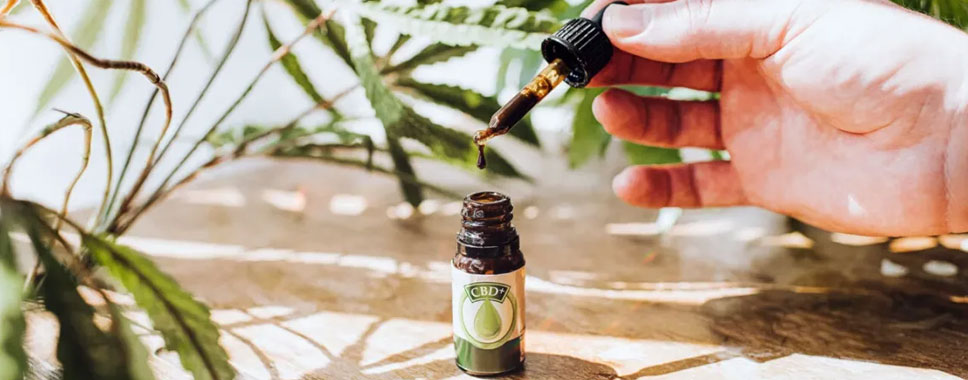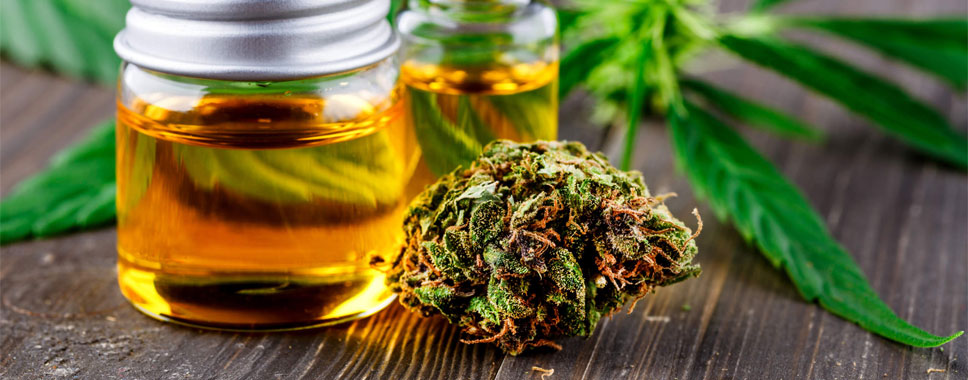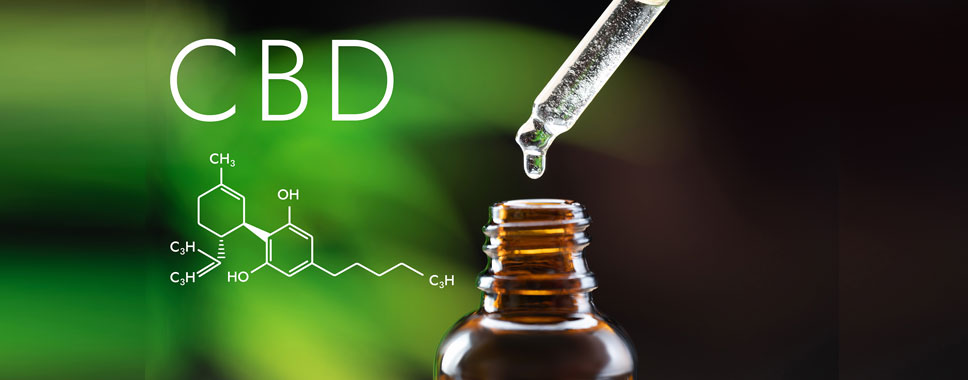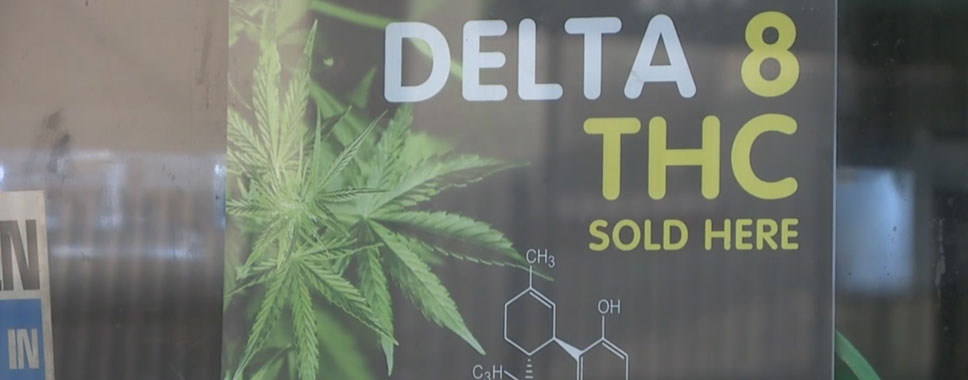As cannabis gains popularity for wellness and medical use, two common questions pop up often:
“What’s the difference between THC and THCA?” and “Does THC lower blood pressure?”
These questions are more connected than you might think—and the answers are surprisingly important, especially if you’re curious about the health effects of cannabis or considering it for therapeutic purposes.
Let’s break it all down in a simple, engaging way.
🌿 What Is THCA?
THCA (tetrahydrocannabinolic acid) is the non-psychoactive precursor to THC. It’s the form found in raw, freshly harvested cannabis. If you were to juice raw cannabis leaves or consume unheated flower, you’d be consuming THCA—not THC.
THCA on its own:
-
Does NOT get you high
-
Has anti-inflammatory, neuroprotective, and potential anti-nausea effects
-
Is gaining popularity for those seeking cannabis wellness without intoxication
But here’s the twist: once you heat THCA—through smoking, vaping, or baking—it undergoes a chemical transformation called decarboxylation, turning into THC.
🔥 What Is THC?
THC (tetrahydrocannabinol) is the psychoactive compound in cannabis responsible for that familiar “high.” It binds directly to CB1 receptors in the brain and nervous system, producing effects like:
-
Euphoria
-
Relaxation
-
Altered perception
-
Increased appetite
-
And, in some cases, anxiety or paranoia
In short: THC makes you feel high; THCA does not.
🫀 Can THC Lower Blood Pressure?
This brings us to another common question: Does THC lower blood pressure?
Yes—but it’s complicated.
THC can cause a temporary drop in blood pressure, particularly right after use. This is often accompanied by a temporary increase in heart rate, which can feel like a paradox. Some people even experience dizziness or lightheadedness, especially when standing up quickly—a condition called orthostatic hypotension.
Here’s a general timeline of what happens:
-
You consume THC (via smoke, vape, or edibles).
-
THC causes vasodilation—your blood vessels widen.
-
Blood pressure temporarily drops.
-
Heart rate may increase to compensate.
This is why some people feel relaxed after using cannabis, but others may feel a bit “off” or woozy.
📚 What the Science Says
Studies have shown:
-
THC can lower blood pressure in the short term, especially in low to moderate doses.
-
Frequent users might develop tolerance, reducing this effect over time.
-
Long-term impacts on blood pressure are still being researched and may vary widely by individual.
-
People with pre-existing heart conditions should use caution, as THC can affect heart rhythm and rate.
🧑⚕️ THC vs. THCA: Which Is Safer for Blood Pressure?
If you’re concerned about blood pressure but curious about cannabis, THCA might be a gentler place to start. Since it doesn’t activate the same receptors as THC, it doesn’t alter heart rate or blood pressure in the same way.
For example:
-
Someone with high blood pressure might experience dizziness after THC, but not from THCA.
-
THCA may offer anti-inflammatory and neuroprotective benefits without the cardiovascular effects.
Of course, everyone’s body reacts differently, so it’s always best to consult with a medical professional, especially if you’re on blood pressure medication or have cardiovascular concerns.
✅ Final Thoughts
To sum it up:
-
THCA is the raw, non-psychoactive form of THC—good for therapeutic effects without the high.
-
THC is the activated compound that gets you high—and can lower blood pressure temporarily.
-
While THC can cause relaxation through a drop in blood pressure, it can also raise heart rate and cause lightheadedness.
-
If you have heart or blood pressure issues, talk to a doctor before using cannabis products, and consider THCA as a non-psychoactive alternative.
Understanding the differences between THC and THCA isn’t just about cannabis chemistry—it’s about making smarter, safer choices for your body.
 hempcentral
hempcentral 



Comments